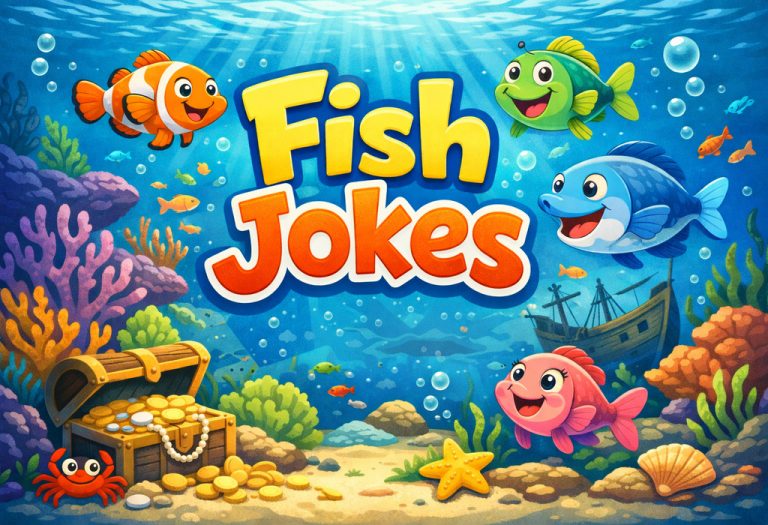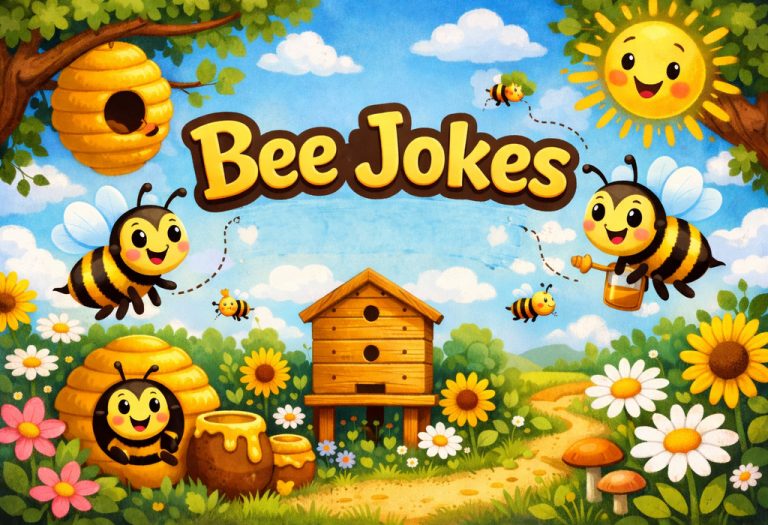Raisins for Babies – Health Benefits and Risks

Many of us love a good old raisin- they are small, wrinkled packets of energy that have been around since medieval times and are famous for being a natural source of minerals, vitamins, and carbohydrates. Raisins, among the most popular dried fruits, are produced at a staggering rate of 1.2 million metric tons annually.
When it comes to babies, including dry fruits in their diet is an excellent way to provide the essential nutrients they may not get from other foods. Thus, feeding your baby raisins is highly recommended during his growth years. However, there is a suitable time to introduce it while taking necessary precautions. Read on to learn more about the health benefits and potential risks of raisins for babies.
Is Giving Raisins to Babies Safe?
Consumption of raisins/ dry grapes for babies can be very good for the baby’s health. However, since these are small, there is always the risk of a baby choking on them (1). Incorporating raisins into the baby’s diet in other forms can work well. With a little precaution, giving this food item to babies is safe and beneficial for their growth.
Let’s take a look at the nutritional value of raisins.
Nutritional Value of Raisins
Raisins are frequently used in cooking, baking, brewing, or as a snack. The health benefits of these tiny raisins are numerous. Often referred to as “nature’s candy”, raisins are high in sugar and, with moderate consumption, can benefit our health.
- Raisins have a high fibre content. They swell up once ingested and help clear the digestive tract. Thus, raisins for constipation in babies are a good solution.
- They have proven to have high calories, glucose and fructose, which help gain weight.
Here’s a table with the nutritional value per 100 grams of raisins.
| Nutrient | Value per 100 g | Nutrient | Value per 100 g |
| Water | 15.43 g | Energy | 300-350kcal |
| Protein | 3.07 g | Total Lipid | 0.46 g |
| Carbohydrates | 79.18 g | Dietary Fiber | 3.7 g |
| Sugars | 59.19 g | Calcium | 50 mg |
| Iron | 0.3mg | Magnesium | 32 mg |
| Phosphorous | 101 mg | Potassium | 749 mg |
| Copper | 0.4 mg | Vitamin B1 and B2 | 0.2 mg |
| Sodium | 11 mg | Zinc | 0.22 mg |
| Vitamin C | 2.3 mg | Thiamin | 0.106 mg |
| Riboflavin | 0.125 mg | Niacin | 0.766 mg |
| Vitamin B-6 | 0.174 mg | Folate | 5 ug |
| Fat | 0.5 mg | Manganese | 0.3 mg |
| Vitamin E | 0.12 mg | Vitamin K | 3.5 mg |
Now that you know raisins’ nutritional value, let’s also consider how they benefit your baby’s health.
Health Benefits of Raisins for Babies
The high levels of energy that raisins provide are essential for your baby’s growth. Now that you know the nutritional value of raisins, let’s look at some health benefits.
- They can be highly valuable for your baby’s mental and physical development, containing minerals like phosphorus, calcium, and potassium (2).
- Consuming dried grapes has proved to help improve memory because it nourishes the brain (3).
- The high fibre of raisins is an excellent laxative and promotes proper digestion (2).
- Raisins also help maintain the acid-alkaline balance in the baby’s body.
- Dried grape water is recommended for babies during fever since it helps fight bacterial and viral infections.
- Raisins help lower blood pressure due to considerable amounts of potassium, fibre, and bioactive compounds such as phenols and tannins (4).
You are probably wondering when and how you could start feeding your baby this delicious yet nutritious food. Read on to learn more.
When Can You Feed Raisins to Your Baby?
A common query among mothers is – what age can babies eat raisins? Babies can start eating raisins after 8 months of age when they can chew food, provided they are prepared in a certain way. Also, the baby should be able to sit up straight on his own and hold small objects between his thumb and forefinger. For younger babies, raisins can be given in juice, puree or mashed forms. Later, small cut pieces can also be given to them. Also, always ensure that the baby eats raisins under the supervision of an adult. Even for babies who can chew, it is better to hand or feed them one raisin at a time to avoid choking hazards (5).
How Many Raisins Should You Give Your Baby?
Raisins are high in sugars and are recommended in small portions per day. Initially, feeding 1-2 tbsp of raisin juice daily is sufficient. This can gradually increase to 2-3 tbsp of juice daily. Once the baby is over 1 year of age, 2-3 tbsp of mashed or chopped raisins can be given.
How to Include Raisins in Your Baby’s Diet?
To give your baby all the health benefits offered by raisins, it is important to understand how to give raisins to babies. At first, do not introduce the baby to a whole raisin or mashed one. You can begin with raisin water for babies, then slowly start feeding raisin juice, puree or mashed raisins, and other food portions. Raisins add to the flavour when mixed with other foods and aid digestion.
Though healthy, raisins can have adverse effects on your baby. Here’s what you should know.
Are There Any Adverse Effects of Feeding Raisins to Babies?
The chances of any adverse effects on the baby’s health after eating raisins are rare. However, one must always look out for allergies (6) and the risk of choking on raisins. Raisins have a sticky and chewy texture. Like candies, they stick to gums and teeth, leading to bacterial build-up and dental problems. You may feed raisins added to other meals that can be chewed, gummed up or swallowed to prevent them from sticking to your baby’s gums. You must also avoid feeding raisins before bedtime, as the baby might go to sleep immediately after, leaving bits of raisins stuck in the teeth.
Let’s also take a look at some drawbacks of this food item.
Drawbacks of Raisins
Raisins are a rich source of energy; however, they also have some drawbacks.
- Although raisins have a high content of dietary fibre and carbohydrates, they do not have enough protein, which is also essential for babies during their growth years to build immunity and gain muscle weight. 100 grams of raisins have just about 3 grams of protein. You may mix raisins in foods high in protein to balance nutrition.
- Raisins have high glycemic levels due to the fructose and glucose present in them (7). When fed in excess to babies, it might lead to a sugar rush, a rise in blood glucose levels or excessive weight gain. Always limit the quantity of this dried fruit for your baby.
After ruling out allergies, when you decide to feed your little one some raisins, here’s what you should bear in mind to avoid negative after-effects.
Precautions to Take While Feeding Raisins to Your Baby
This power food is highly recommended during your baby’s growth years. But, you must take some precautionary measures while feeding raisins to your little one. Read on to know more.
- First, the raisins must be thoroughly rinsed. This will remove any additional chemicals or impurities that may harm the baby.
- Buy organic raisins where possible – look out for allergen warnings on packaging.
- Feed your baby a tiny portion and follow the 3-5 day rule to observe if a potential allergic reaction occurs (8).
- They can be chopped or mashed and given to the baby. While giving chopped pieces, feed one piece at a time and watch for signs of choking. You may also mix chopped or mashed raisins with other foods.
- Developing the habit of brushing after eating can prevent bacterial build-up and dental problems. Note that you shouldn’t immediately brush after a meal, as your toddler’s teeth are still soft. Wait for half an hour to an hour before doing so.
How to Prepare Raisins For Baby-led Weaning?
If you’re considering feeding raisins to your little one, it is important to know how to prepare them for infants in different age groups. Here’s more information on how to prepare raisins for baby-led weaning:
1. For 6 to 12 Months Old
Soak raisins in hot water for 15 minutes to rehydrate them. Once they become plump and soft, chop, puree, or mash them. You can serve them independently or blend them with milk, add them to purees, or enhance yoghurt or oatmeal. Start with a small amount and increase the quantity as your baby builds resistance.
2. For 12 to 18 Months Old
During this stage, you can feed raisins in their dehydrated form. However, rehydrating still reduces the risk of choking. Finely chop them, feed them as a snack, or add them to other meals.
3. For 18 to 24 Months Old
By this stage, your child can consume raisins in their untouched form without chopping or mashing them. Your child will start developing molars, and raisins are a good source to teach them to chew and swallow slowly.
FAQs
1. Can my baby eat raisins if they have a cold?
Raisin consumption does not affect or deteriorate the health of a baby with a cold, so it is safe to feed them raisins during this time.
2. How many raisins should you give your baby?
Start with tiny portions like 1-3 raisins for infants below one-year-old. Ensure you mash, puree, or chop them before feeding your baby. If your child is above the age of one, you can follow the baby-weaning process mentioned above and feed them up to 10 raisins daily.
3. Is raisin good for baby constipation?
The fibre content of raisins aids digestion, clears the tract, and regulates bowel movement, helping relieve constipation in babies.
4. Do raisins aid a baby’s cognitive development?
The nutrients and antioxidants in raisins promote cognitive and motor development, making them a healthy addition to your baby’s diet (3).
5. How to store raisins?
Raisins should be refrigerated in an airtight container to avoid toxic contamination.
Raisins are a perfect snack for babies because they are tasty, readily available, and nutritious. However, like any other food introduced to a child, raisins must be fed, considering the child’s age and nutritional requirements.
References/Resources:
1. Choking Hazard; Centers for Disease Control and Prevention; https://www.cdc.gov/nutrition/infantandtoddlernutrition/foods-and-drinks/choking-hazards.html
2. Olmo-Cunillera, A., Escobar-Avello, D., Pérez, A. J., Marhuenda-Muñoz, M., Lamuela-Raventós, R. M., & Vallverdú-Queralt, A.; Is Eating Raisins Healthy?; Nutrients; https://www.ncbi.nlm.nih.gov/pmc/articles/PMC7019280/; 2019
3. Ghorbanian, D., Gol, M., Pourghasem, M., Faraji, J., Pourghasem, K., & Soltanpour, N.; Spatial Memory and Antioxidant Protective Effects of Raisin (Currant) in Aged Rats; Preventive nutrition and food science; https://www.ncbi.nlm.nih.gov/pmc/articles/PMC6195892/; 2018
4. Snacking On Raisins May Offer a Heart-Healthy Way To Lower Blood Pressure; American College of Cardiology; https://www.acc.org/about-acc/press-releases/2012/03/25/15/51/raisins_bp; May 2012
5. Preparing food safely; NHS; https://www.nhs.uk/start-for-life/baby/weaning/safe-weaning/preparing-food-safely/
6. Chibuluzo, S., & Pitt, T.; Raisin allergy in an 8 year old patient; Allergy, Asthma, and Clinical Immunology: Official Journal of the Canadian Society of Allergy and Clinical Immunology; https://www.ncbi.nlm.nih.gov/pmc/articles/PMC4304147/; 2014
7. Esfahani, A., Lam, J., & Kendall, C. W.; Acute effects of raisin consumption on glucose and insulin reponses in healthy individuals. Journal of nutritional science; https://www.ncbi.nlm.nih.gov/pmc/articles/PMC4153099/; 2014
8. When, What, and How to Introduce Solid Foods; Centers for Disease Control and Prevention; https://www.cdc.gov/nutrition/infantandtoddlernutrition/foods-and-drinks/when-to-introduce-solid-foods.html
Also Read:
Almond for Babies
Dry Fruits for Infant
Benefits of Fig for Babies
Was This Article Helpful?
Parenting is a huge responsibility, for you as a caregiver, but also for us as a parenting content platform. We understand that and take our responsibility of creating credible content seriously. FirstCry Parenting articles are written and published only after extensive research using factually sound references to deliver quality content that is accurate, validated by experts, and completely reliable. To understand how we go about creating content that is credible, read our editorial policy here.






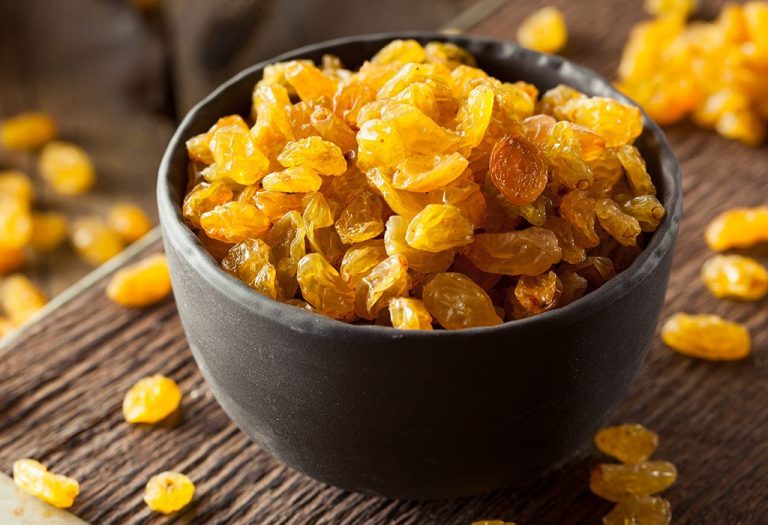







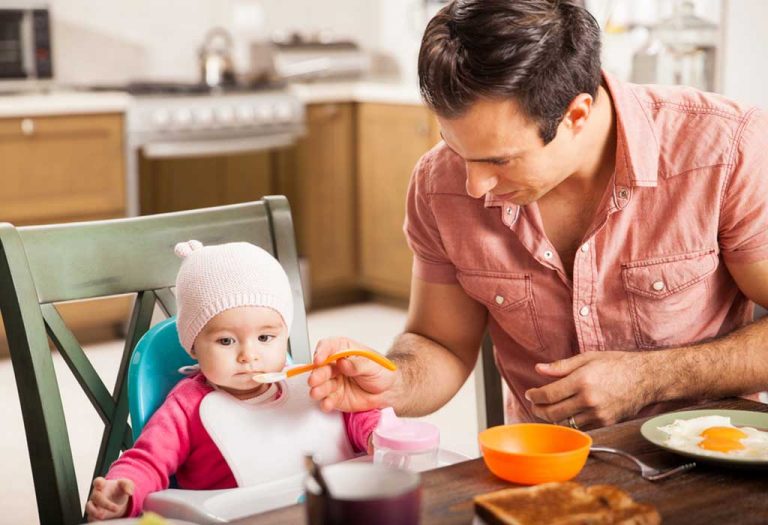
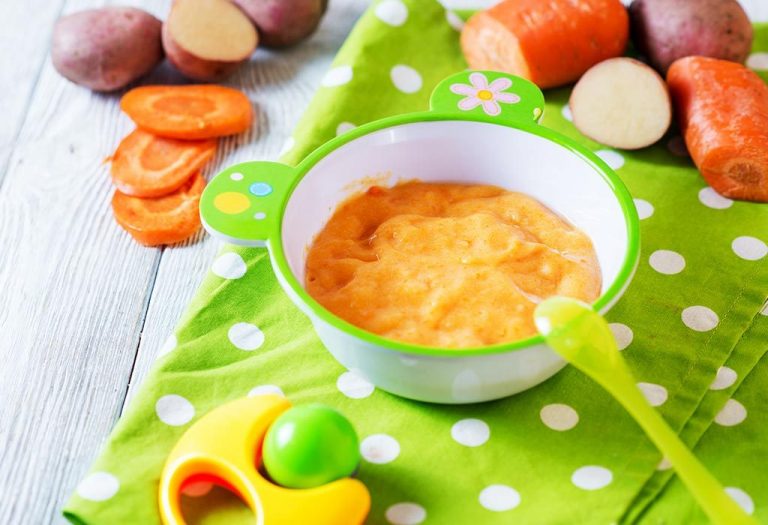
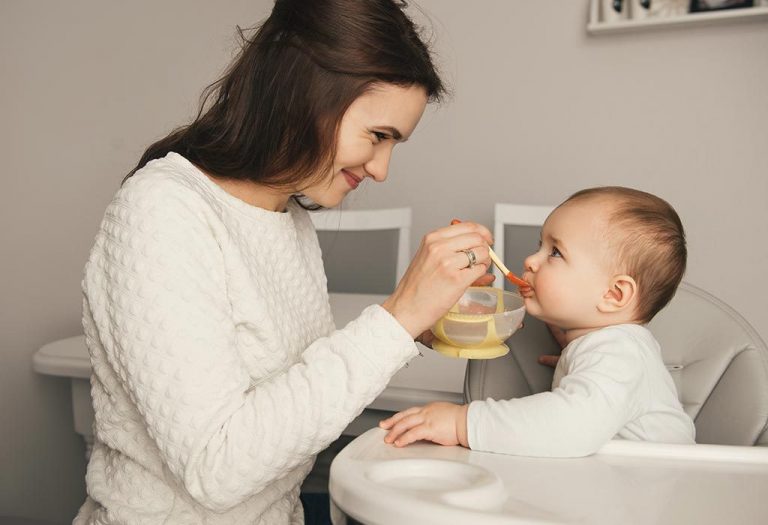
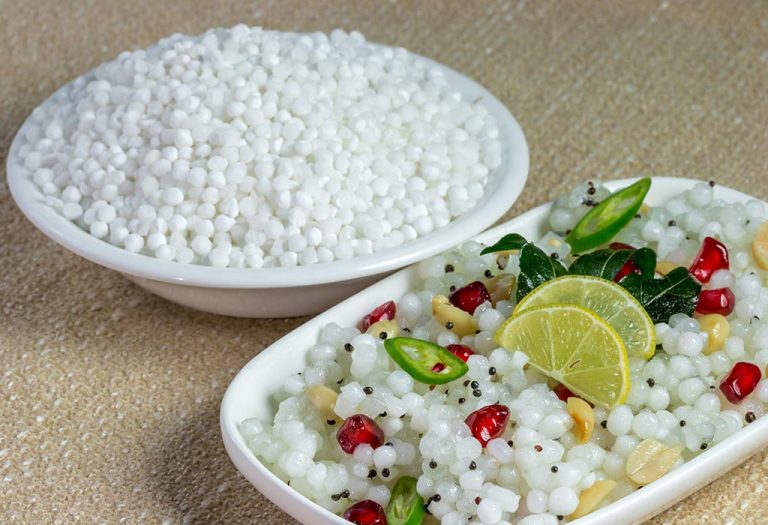
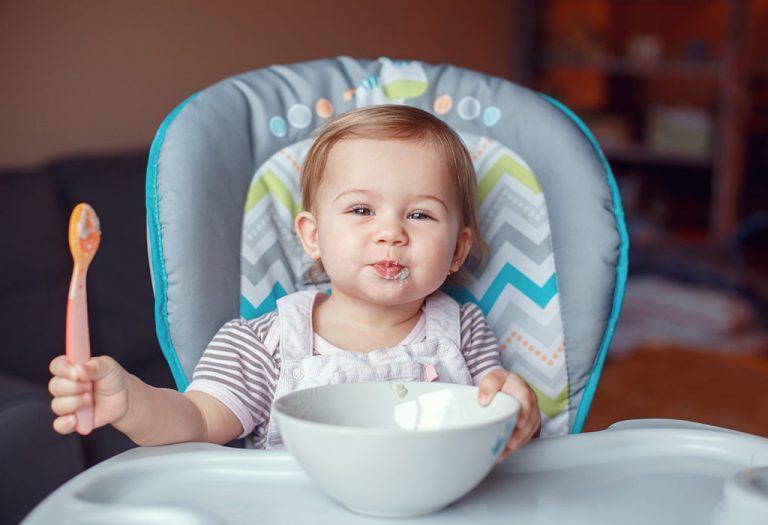
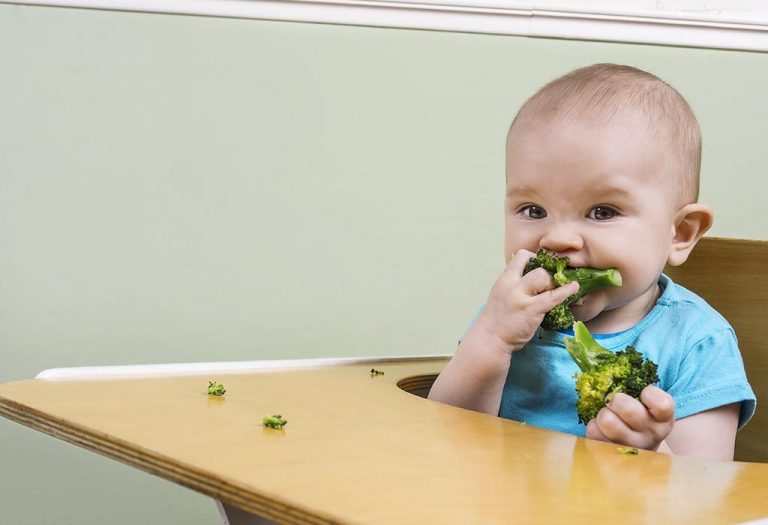

.svg)








